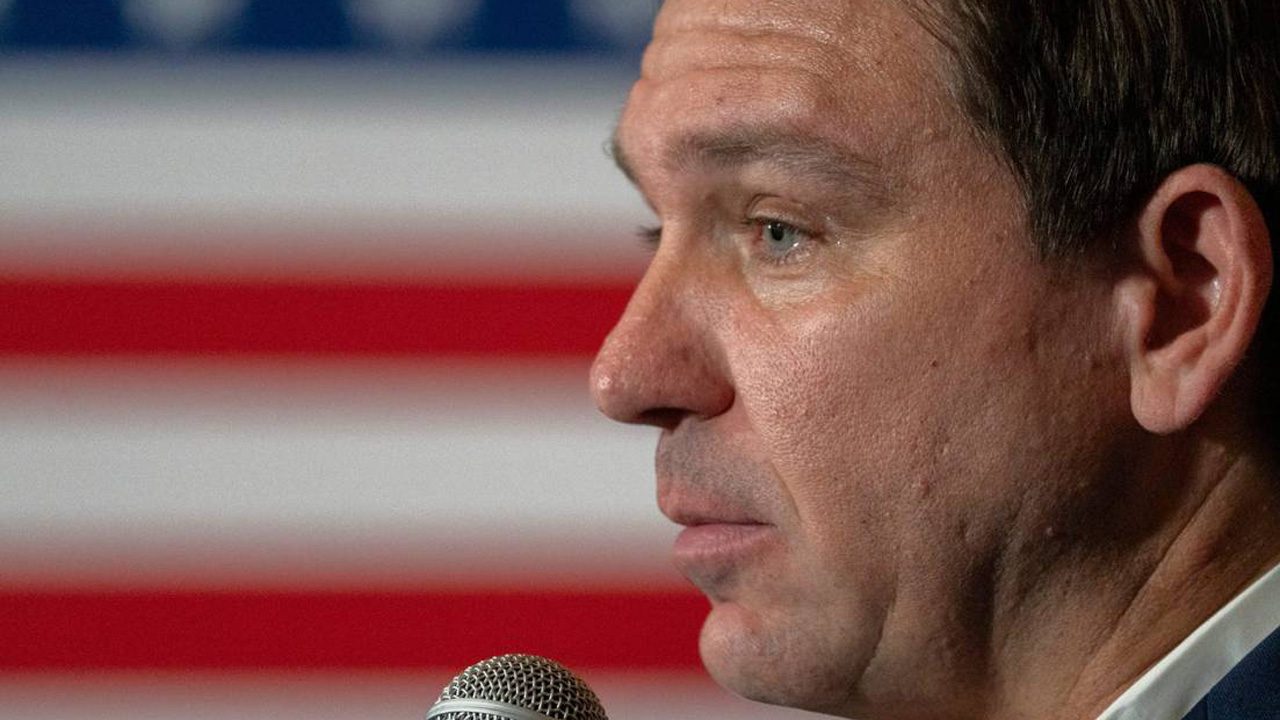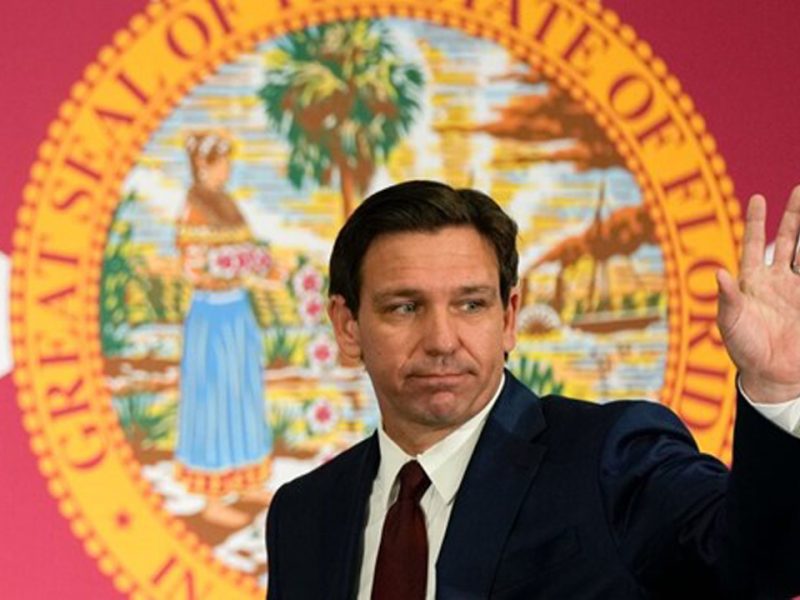
‘Don’t Say Gay’ law will be clarified after Florida settles lawsuit. Here’s what’s allowed
Miami Herald | By Jeffrey S. Solochek | March 12, 2024
Go ahead and say gay.
That’s the message plaintiffs are taking away from a settlement announced Monday in their 2-year-old lawsuit challenging the constitutionality of Florida’s Parental Rights in Education law
They have contended that the measure, which they derisively labeled “Don’t Say Gay,” aimed to erase conversation about the LGBTQ+ community from schools. Signed by Gov. Ron DeSantis in March 2022, it prohibited classroom instruction about gender identity and sexual orientation in kindergarten through third grade, where it was not part of the curriculum, and restricted such lessons for older grades.
A year later, the state expanded the prohibition through high schools.
DeSantis and others who backed the legislation insisted repeatedly that they had no intention of stopping discussions about LGBTQ+ issues in schools. Their goal, they said, was to eliminate what they called gender ideology.
They did not provide clear definitions, though, nor did they offer detailed guidelines explaining what is and is not allowed in classrooms. The critics claimed the result was a chilling effect that led teachers to stop talking about children’s families, remove books relating to LGBTQ+ characters and themes from their shelves, and to pull back support for LGBTQ+ students.
As part of their defense, lawyers for the state pushed back against the allegations that the law lacked clarity. The settlement, announced by lawyers for the plaintiffs, took those arguments and made them real.
“It should put a stop to the overreacting” in the schools, said Roberta Kaplan, the lead lawyer for the plaintiffs, which included the advocacy groups Equality Florida and Family Equality, and several individuals. “We think that is a huge step forward.”
The Governor’s Office also viewed the settlement as a win against “activists and extremists” who attempted to “smear and stop” the law.
In a news release, the office said efforts to misrepresent the law’s objectives and meaning had failed. The settlement means that the law will remain intact, it said.
“We fought hard to ensure this law couldn’t be maligned in court, as it was in the public arena by the media and large corporate actors,” General Counsel Ryan Newman said in the release. “We are victorious, and Florida’s classrooms will remain a safe place under the Parental Rights in Education Act.”
As part of the deal, the Florida Department of Education will send a memorandum to all school districts explaining that the law is not as restrictive as some schools have interpreted it. Among the clarifications, it will note:
- The law does not prohibit classroom references to LGBTQ+ people, families or issues, including in literature, discussions with students and academic work such as student essays.
- The law requires neutrality and bars classroom instruction on sexual orientation and gender identity of all types, whether heterosexuality, homosexuality or others. It would be impermissible to say one is superior to another.
- Because it refers to instruction, the law does not apply to library books that are not being used in class lessons. The state made this point in defending against separate lawsuits challenging library book removals.
The settlement also points out that the law does not prevent teachers from providing lessons about stopping bullying based on gender or sexual orientation, and it does not require the removal of safe space stickers generally associated with protections for LGBTQ+ students, as some districts have done.
It does not prohibit schools from allowing student clubs such as the Gay-Straight Alliance, offering book fairs that include books with LGBTQ+ characters, permitting student performances with LGBTQ+ references, or allowing students to wear clothing that do not conform to perceived gender identity.
Finally, the settlement clarifies that the law does not apply to non-school personnel, such as parents, family members and guest speakers who are not visiting the school for the purpose of talking about sexual orientation or gender identity. It does not apply to other laws addressing related topics, such as the participation of transgender students on high school girls’ sports teams.
The agreement comes after two courts had ruled the plaintiffs had no standing to bring their case. They had appealed the rulings.
If they had continued with the litigation, it might have taken another two years or longer to arrive at a resolution.
Plaintiffs Amy Morrison and Cecile Houry, a Miami-Dade County couple, said they were pleased to have something in hand that can immediately impact their children’s schools.
“It’s going to make a huge difference because the law was so vague that people stayed away from everything,” Houry said. “Here it really defines what is not allowed, and everything else that is allowed. It’s going to change students’ experience.”
She talked about her 7-year-old daughter as effervescent and open with everyone. Including about her two moms.
“My kid is at an age that she doesn’t stop talking about everything,” she said. “I feel better that I don’t have to worry about everything that comes out of her mouth.”
Morrison said she hoped the general public doesn’t get the wrong impression that the plaintiffs settled with the state.
“This settlement is not settling,” she said.
She acknowledged that some people might not change their behaviors as a result of the words on paper. Attitudes exposed by the bill and its implementation are likely to remain.
“There are going to be remnants where it doesn’t matter what the law says or what the settlement says,” Morrison said. “But the law matters. And now we have the law.” This story was originally published March 11, 2024, 5:46 PM.





